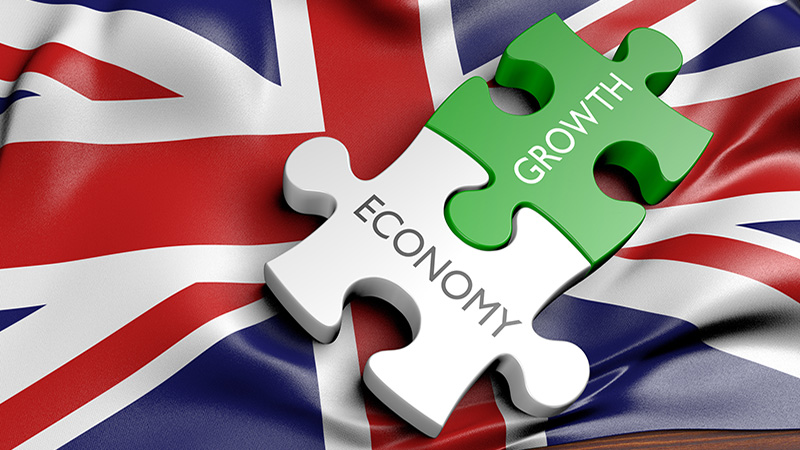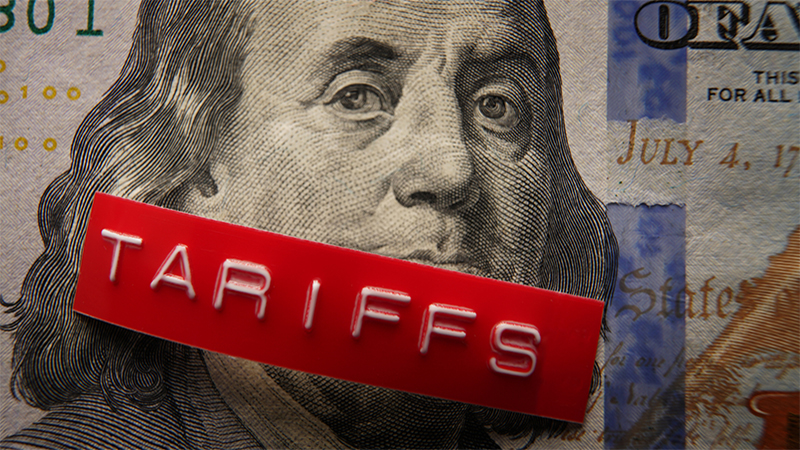Inflation BoE target first time in four years
Inflation has hit the Bank of Englands target figure of 2% for the first time since 2009 as figures from the Office of National Statistics show the consumer prices index rose by 2% over the year to December.


















